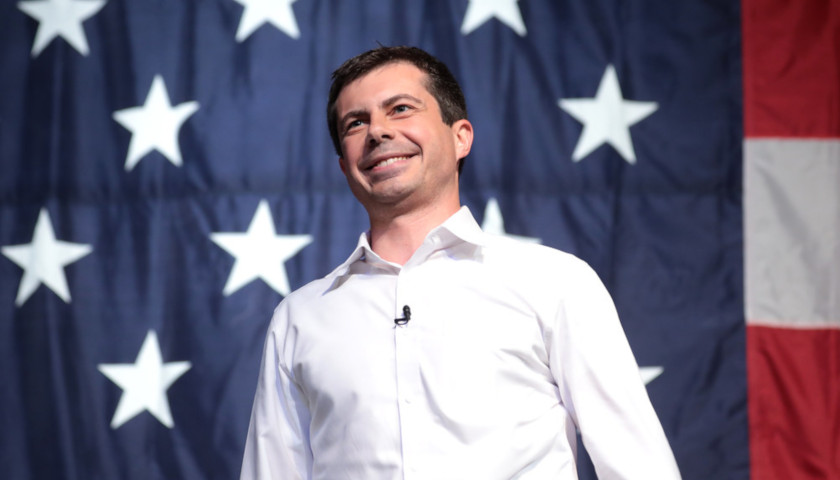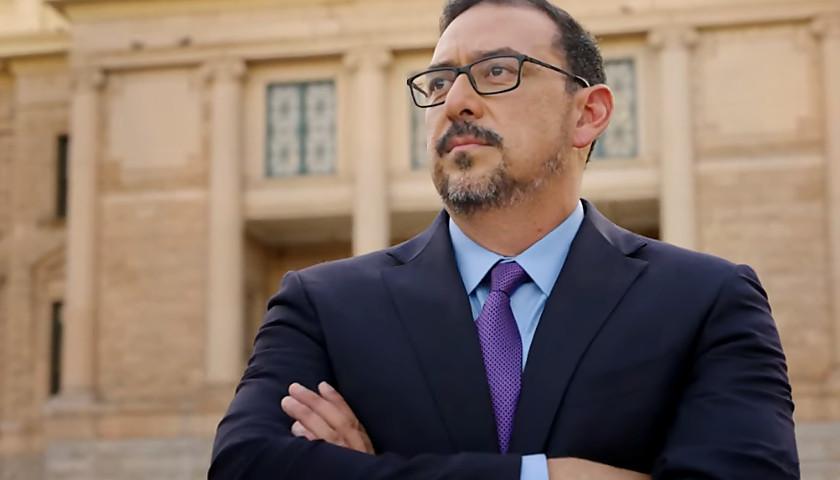by Ted O’Neil
South Bend, Ind., Mayor Pete Buttigieg continues to lead the field of Democratic presidential hopefuls in Iowa, according to the latest polling, but the rest of the top tier has reshuffled a bit.
A poll conducted by Iowa State University of likely Democratic caucus attendees showed Buttigieg with 24 percent support. Vermont Sen. Bernie Sanders came in at 21 percent, with Massachusetts Sen. Elizabeth Warren at 18 percent and former Vice President Joe Biden at 15 percent.
Iowa polling in late November had Buttigieg at 25 percent, with Warren in second place at 16 percent. Sanders and Biden were both at 15 percent at the time.
The Iowa caucuses kick off the 2020 election season on Feb. 3, followed by the New Hampshire primary on Feb. 11. Buttigieg also leads the field in New Hampshire, with recent polling putting him at 18 percent, followed closely by Biden at 17 percent, with Sanders at 15 percent and Warren at 12 percent.
Biden has maintained his lead nationally in several surveys, as well as in Nevada and South Carolina, the other two of the “early four” voting states. Nevada holds its caucuses Feb. 22, while the South Carolina primary is Feb. 29.
In the new Iowa poll, Minnesota Sen. Amy Klobuchar and former New York City Mayor Michael Bloomberg both drew 4 percent support, the same amount as those who answered “undecided.”
Although Buttigieg topped the survey, he only took third place among Iowa Democrats as their second choice at 10 percent. Warren topped that list at 20 percent, followed by Sanders at 14 percent and Biden at 13 percent.
Unlike most polls, which also ask respondents to give their opinions on policy matters, the economy or the impeachment proceedings against President Donald Trump, the Iowa State University pool took a different approach, asking people about what can best be described as sociological issues.
For example, 48 percent said they strongly agree or somewhat agree that “feeling out of place stops me from doing what I would really like to do.”
Another 55 percent said they like ideas or activities that are “unconventional” and 62 percent said it is more important for children to be independent rather than have respect for elders. In that same vein, 67 percent said they would prefer children to be curious compared to having good manners and 70 percent said people should adjust their views on morality to fit in with an ever-changing society.
– – –
Ted O’Neil is a contributor to The Center Square.





